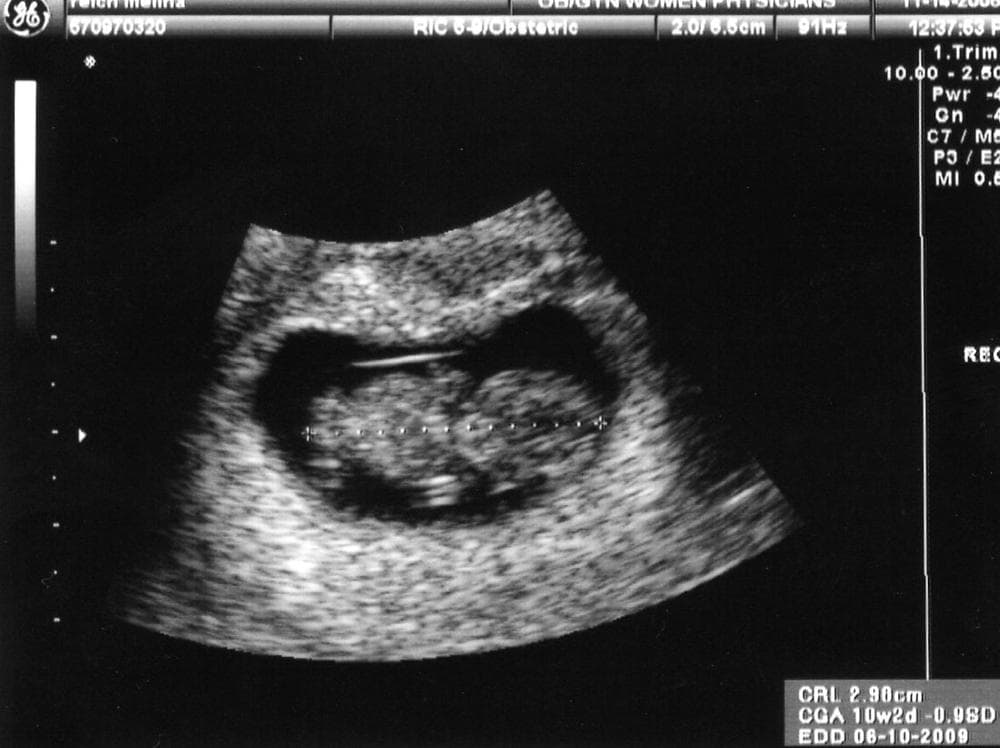Advertisement
Study: Test Can Reliably Determine Fetal Sex At 7 Weeks
Resume
Here's a thing you've probably seen on your Facebook newsfeed at least once: A grainy, blurry, black and white picture of something that looks like a large tadpole with a backbone. And next to it, the status update, "It's a boy!" or "It's a girl!" Or maybe, with twins, "It's both!"
Point is, such fetal ultrasound images are very common. But, the whole, "it's a boy/girl" announcement doesn't usually happen until about 20 weeks into the pregnancy. That's five months, or about half way.
Now, there are commercially available blood tests that can determine the sex of a baby just seven weeks after conception, well before the end of the first trimester. That's earlier and cheaper than ever before. They're also safer than other conventional prenatal tests, such as amniocentesis and could offer parents the early opportunity to treat a variety of sex-linked diseases. But the question is, how accurate are the tests? And what ethical considerations do they raise?
Guest:
- Dr. Diana Bianchi, medical geneticist, executive director of Mother-Infant Research Institute at Tufts Medical Center
- Dr. George Annas, chair of Health Law, Bioethics and Human Rights, Boston University School of Public Health
More:
This segment aired on August 15, 2011.